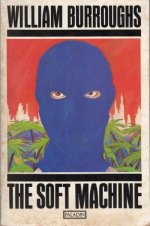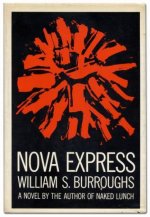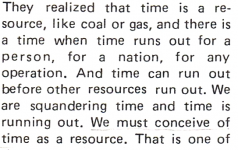his style in the naked lunch at least is so congenial and clear. if he introduces an obscure word he will frequently define it in brackets. never assuming you know more or less than he does. he also maintains a cranky old sense of humour throughout. never losing the straight man act no matter how deranged his subject matter.
This was what tipped me into ordering the first letters volume rather than the second. Apparently the first is him talking about drugs and traveling and he's precise and witty whereas a lot of the second is him talking about Scientology and the cut ups and complaining about money and publishers.








